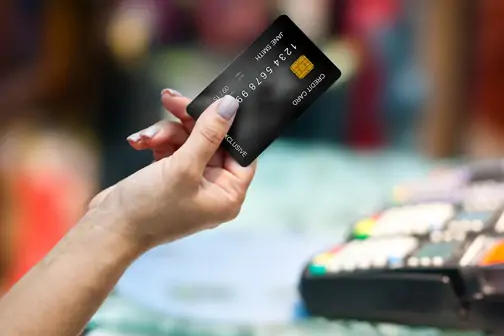
Interest-free period refers to the time period between a purchase made on the credit card and its due date. This interest-free period is provided to you as long as you pay the full outstanding amount by the due date. If you fail to do so then you incur Finance Charges also known as Credit Card Interest Rate. You can get about 50 days of interest-free period on your credit card. More details on the Interest-free period and expense management are given below.
Learn More about Finance Charges/Credit Card Interest Rate
Important Dates Associated with Interest-Free Period
For starter, you should know the following dates related to credit card bill payment in order to maximize the benefits of Interest-free period.
Statement Generation Date | Payment Due Date | Grace Days
Statement Generation Date
On Statement Generation Date the credit card provider sends you the credit card’s bill. It contains the details of all your transactions, reward points, earned cash back, due date and so on.
Due Date
This is the last date for customers to pay off their credit card bills without incurring late payment fees or finance charges. It is also the end of a billing cycle.
Grace Days
Some credit card providers offer grace days beyond the due date period. If you shoot past the due date but pay within the grace period then you will not be charged interest. However, these days are provided solely to accommodate the processing time of various payment methods. Therefore, you should aim to pay off your credit card bills by the due date only.
| Note: If you fail to pay off the due amount till the end of the grace period then the card provider shall report the account as past due to the Credit Information Companies. The card provider will also levy late payment charge at the end of the grace period. Also, the ‘Days Past Due’ will be calculated from the due date and not from the end of the grace period. |
1 Comment Comments
It works really well for me